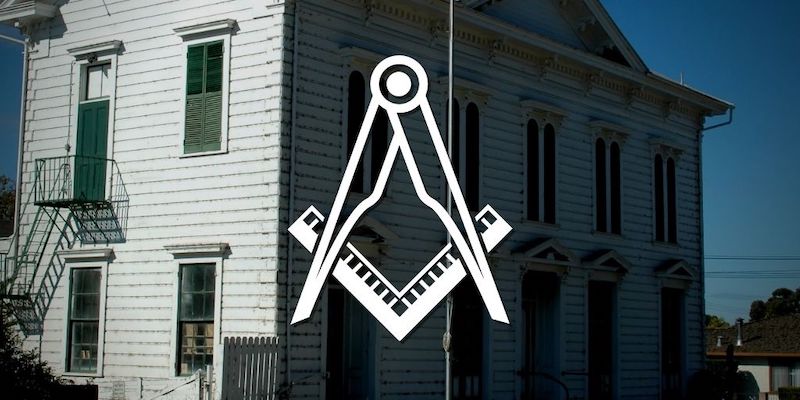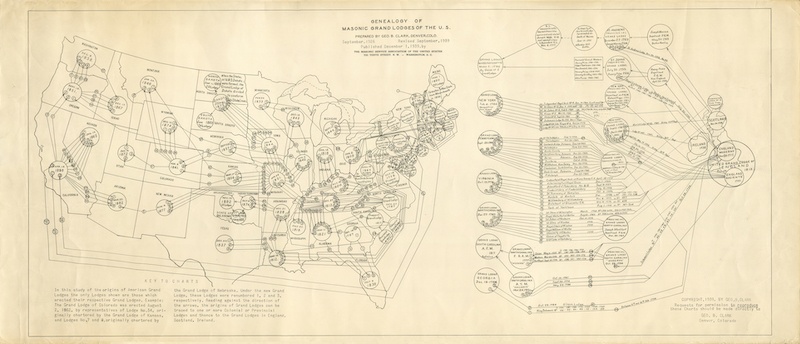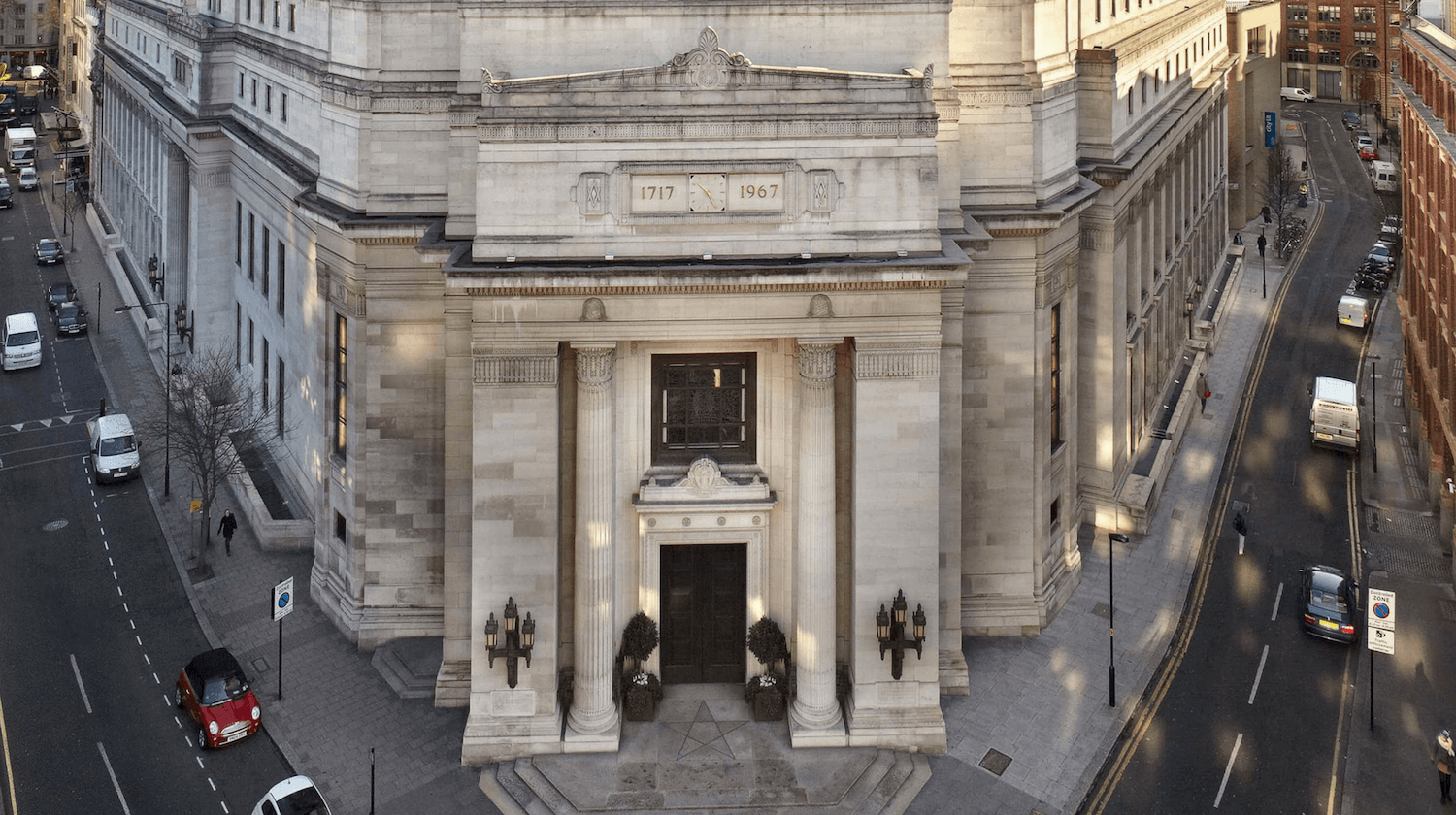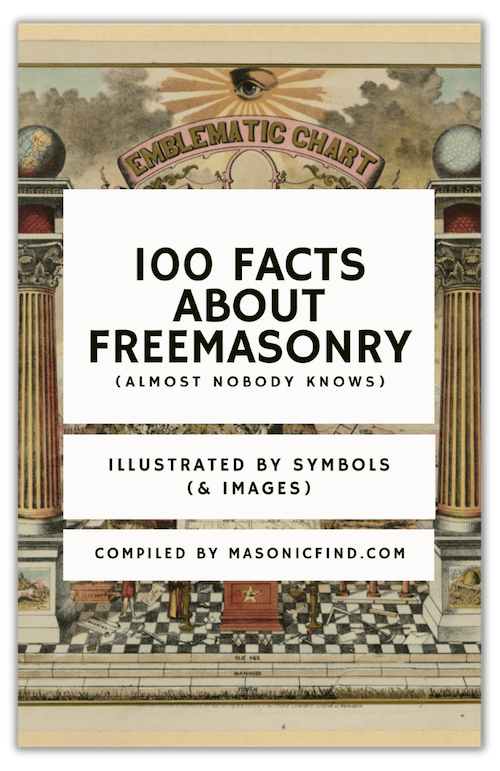You want to become a Mason or you have already joined a Lodge; however, you have learned that there are some Lodges out there that are not recognized as regular (or legitimate) by the mainstream Masonic community.
How can you ensure that a Lodge is legitimate?
There are certain standards that each jurisdiction must meet; also, each jurisdiction must formally be in amity with the mainstream Masonic community.

Standards of Recognition
The Standards of Recognition that are required across all regular grand lodges across the world are as follows:
- The legitimacy of origin.
- Exclusive territorial jurisdiction, except by mutual consent and/or treaty.
- Adherence to the Ancient Landmarks, which include:
- A Belief in God.
- The use of Volume(s) of Sacred Law as an indispensable part of the Furniture of the Lodge.
- The prohibition of the discussion of politics and religion in Lodge meetings/functions.
Legitimacy of Origin

Every recognized grand lodge jurisdiction can trace its Masonic heritage (directly or indirectly) back to the United Grand Lodge of England and/or to the Grand Lodge of Scotland.
To illustrate this, a chart (dated 1939) showing each American grand lodge’s origins has been attached above.
Territorial Jurisdiction
Two recognized grand lodge jurisdictions cannot operate in the same geographical area unless they have formally agreed to do so.
If that formal agreement is not there, then only one of those grand lodges will be given the recognition needed to be a legitimate part of the mainstream Masonic community.
There was an instance a couple of years ago of one grand lodge jurisdiction (that was already recognized) establishing a Lodge within the territory of another grand lodge without permission.
Various grand lodges (including my own) suspended our formal recognition of the offending grand lodge until they withdrew the charter in the foreign territory. You can read more about that here.
Ancient Landmarks
Dr Albert Mackey provides us a bit of context in his Encyclopædia of Freemasonry under the entry “Landmarks”:
“In ancient times, it was the custom to mark the boundaries of lands by means of stone pillars, the removal of which, by malicious persons, would be the occasion of much confusion, men having no other guide than these pillars by which to distinguish the limits of their property. To remove them, therefore, was considered a heinous crime.”
Just as landmarks in ancient times helped to distinguish the boundaries of owned land, so too do these Ancient Landmarks (or ancient standards) help us to distinguish the true values of Freemasonry.
There are various jurisdictions that have abandoned these ancient landmarks in order to be more inclusive in their membership.
The irregular Grand Orient de France (not to be confused with the recognized Grand Loge Nationale de France), for example, permits atheists into its membership and does not use a certain volume of sacred law.
Although I am not an authority on Masonry (nor is any other individual), I think that it is the general view among Masons in recognized jurisdictions that to depart from these ancient landmarks is to depart from Masonry itself.
Amity
Amity is a term that denotes two-way or reciprocated recognition. A great way to measure if your Lodge is legitimate is if its grand lodge is in amity with the mainstream Masonic community.
United Grand Lodge of England

As one of the two grand lodge jurisdictions from which all other grand lodges trace their heritage, the United Grand Lodge of England has formal recognition with most of the grand lodges in the mainstream Masonic community.
Here is the webpage to the list of foreign grand lodges with which they share recognition.
Conference of Grand Masters of Masons of North America
Although recognition is extended grand lodge by grand lodge and is not granted en-masse by all grand lodges at once, the Conference of Grand Masters of Masons of North America is an organization that investigates matters concerning recognition submitted to it from all over the world.
It then presents its findings for all North American grand lodges represented in that conference to individually consider.
If this conference has found a grand lodge to be regular, it is likely that most (if not all) of the North American grand lodges represented in this conference will extend recognition thereto.
Italy
Italy is an exception to the two organizations listed above here for this reason: the United Grand Lodge of England has extended amity to the Regular Grand Lodge of Italy, whereas most grand lodges in the United States have instead extended amity to the Grand Orient of Italy.
Perhaps another time we will get into why Italian Freemasonry is in such a circumstance.

FREE DOWNLOAD: 100 FACTS ABOUT FREEMASONRY (ALMOST NOBODY KNOWS)
Join the 10,000+ Brethren from around the world inside our weekly Masonic newsletter and get our best selling ebook for free (usual value: $20).
Conclusion
Matters of amity and recognition and so on can get pretty sticky insofar as a non-Mason’s research goes.
If he has already joined a Lodge and fears that it is not a part of a regular/recognized/legitimate jurisdiction, he is welcome to disaffiliate with that group in order to join whatever regular group he thereafter finds.
Some grand lodge jurisdictions even have a process called healing, where the man from the irregular jurisdiction is formally inducted into a regular jurisdiction; the technical process for this may differ from grand lodge to grand lodge.
I do recommend doing everything you can to make sure that the Lodge that you have joined is regular; the benefits of Masonry are amplified when one can enjoy them as a traveler.
This article was written for MasonicFind.com by Brandon Cole, SW.
I served as Secretary AND Treasurer of my Lodge in Canada for 14 years… the List of Lodges came into very valuable play dozens of times. I am no living in Mexico and was absolutely shocked to see that Amity is now printing this book… it doesn’t appear to be as good (and I don’t cater to “That’s the way we’ve always done it!”) but instead it appears to be a big money maker… the book is being printed (but not bought) for EACH Grand Lodge and has thereby quadrupled in price.
It is “bright and shiny” but I do not have any faith in it. Period.
I have visited about 250 Lodges during my time in Freemasonry which I am sure outdoes most for visiting and I recited the “Tyler’s Oath” many times over the years. I have also turned quite a few “visitors” away from my Lodge.